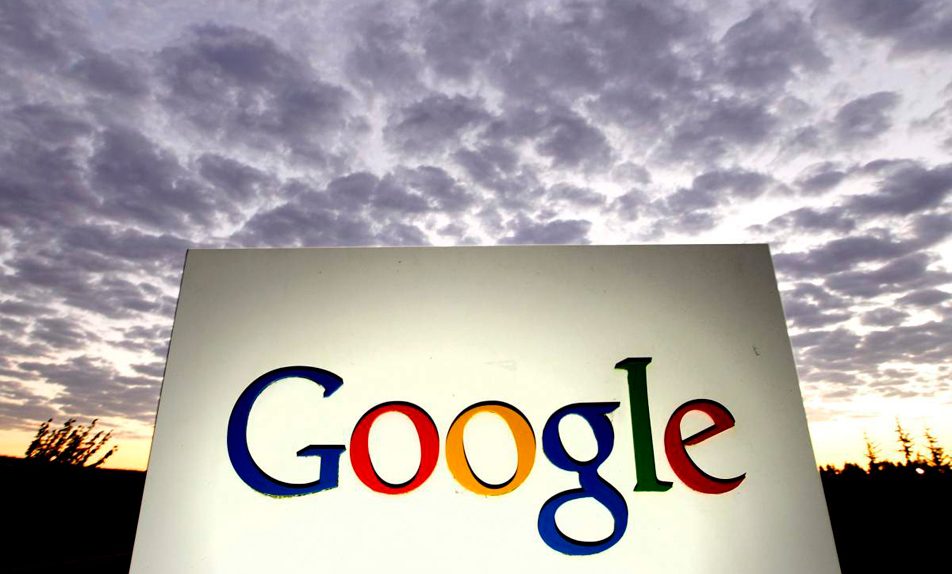When you search for “maps” on Google, what do you think you’ll see at the top of the results page? How about when you search for “calendar,” “photos” or “music”?
From your perspective, it might make sense that Google’s services appear before anyone else’s when searching on Google, but a recent study from two U.S. academics explains how Google might be violating competition laws and having an overall negative impact on its users by promoting its own content and services.
READ MORE: A Brand New Nexus Phone Might Launch Sooner Than You Think
Michael Luca of Harvard Business School and Tim Wu of Columbia Law School, the study’s authors, found that users were 45% more likely to click links based purely on relevance than the current ranking system, which slots Google’s services at the top of the page, The Wall Street Journal reports.
“This suggests that by leveraging dominance in search to promote its internal content, Google is reducing social welfare—leaving consumers with lower quality results and worse matches,” say Luca and Wu. Google’s search practices “cannot be described as pro-competitive.”
The study was sponsored by Yelp and is yet another piece of the puzzle in Europe’s seemingly endless antitrust investigation against Google. The study goes on to say: “The demonstration of consumer harm is, we think, an important conclusion…that should influence any competition law analysis.”
For a more detailed explanation of the report, be sure to check out the Journal’s article.




